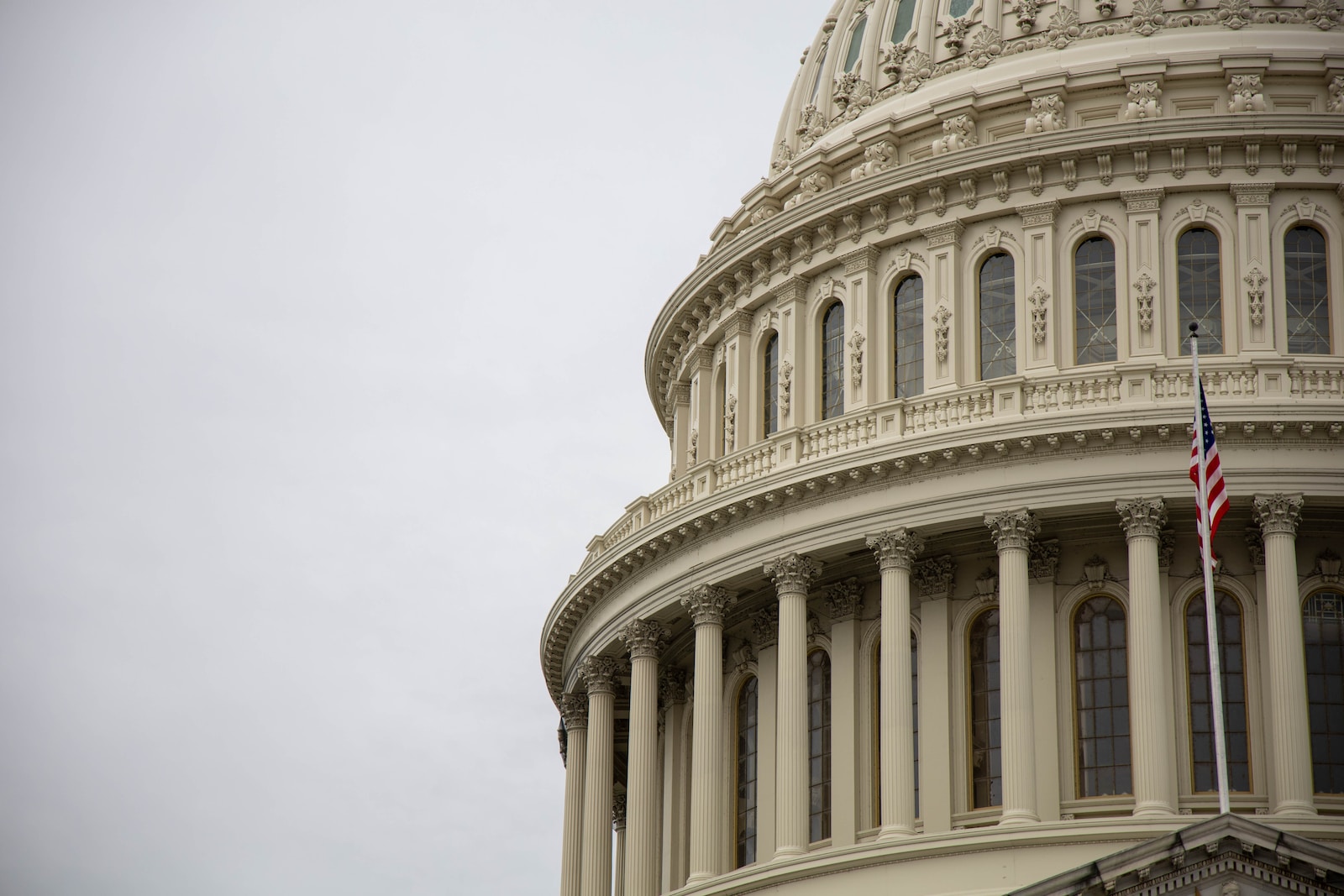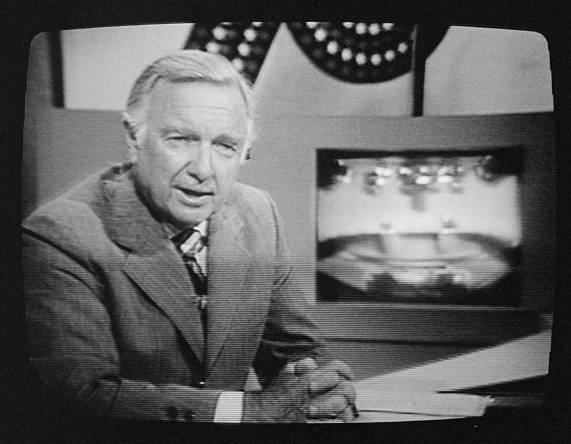Share this article with your network of friends!
For seniors who lived through the 1960s and 1970s, these decades were marked by significant political and social upheaval. From civil rights struggles to anti-war protests, the era witnessed a transformative period of activism and change. In this article, we explore the major political issues of the 1960s and 1970s, examining their impact on society and their enduring legacy.
1. Civil Rights Movement and Racial Equality
The 1960s were characterized by the civil rights movement, a powerful force advocating for racial equality and an end to racial segregation. Iconic figures like Dr. Martin Luther King Jr., Rosa Parks, and Malcolm X led the charge, calling for equal rights, voting rights, and an end to discriminatory laws.
The Civil Rights Act of 1964 and the Voting Rights Act of 1965 were significant legislative victories that outlawed racial segregation and protected voting rights for African Americans. While these landmark laws marked progress, the fight for racial justice continued into the 1970s, with ongoing efforts to address systemic racism and inequality.
2. Vietnam War and Anti-War Protests
The Vietnam War dominated much of the 1960s and early 1970s, sparking widespread anti-war protests across the nation. Many Americans questioned the U.S. involvement in the war and demanded the withdrawal of troops from Vietnam.
Anti-war demonstrations reached their peak during the late 1960s, with events like the Kent State shootings in 1970, where National Guardsmen killed four students during a protest. The opposition to the war played a crucial role in influencing government policy, eventually leading to the withdrawal of U.S. troops from Vietnam in 1973.
3. Women’s Rights and Feminist Movement
The 1960s and 1970s saw the rise of the feminist movement, as women across the nation advocated for gender equality and greater rights. The movement addressed issues such as reproductive rights, equal pay, and gender discrimination.
The landmark Roe v. Wade Supreme Court decision in 1973 affirmed a woman’s right to access safe and legal abortion, and the Equal Rights Amendment (ERA) sought to guarantee equal rights regardless of sex. While the ERA was not ultimately ratified, the feminist movement’s advocacy had a lasting impact on advancing women’s rights and changing societal perceptions.
4. Environmental Movement and Earth Day
Amid growing concerns over pollution and environmental degradation, the 1970s witnessed the birth of the modern environmental movement. Earth Day, first celebrated on April 22, 1970, brought millions of people together to advocate for environmental protection and sustainable practices.
This movement led to significant legislation, including the creation of the Environmental Protection Agency (EPA) and the passage of the Clean Air Act and Clean Water Act. The environmental movement continues to be a vital force in advocating for climate action and conservation efforts.
5. Watergate Scandal and Government Accountability
The early 1970s were marred by the Watergate scandal, a political controversy that ultimately led to the resignation of President Richard Nixon in 1974. The scandal involved illegal activities, including the break-in at the Democratic National Committee headquarters, and efforts to cover up the wrongdoing.
Watergate became a symbol of government corruption and abuse of power, prompting heightened demands for government transparency and accountability. The aftermath of Watergate brought significant changes to political ethics and campaign finance laws, aiming to prevent future abuses of power.
Conclusion
The political issues of the 1960s and 1970s were transformative, shaping the course of American history and leaving a lasting impact on society. The civil rights movement, anti-war protests, the feminist movement, the environmental movement, and the Watergate scandal were pivotal events that sparked activism and challenged the status quo.
As seniors who lived through this tumultuous era, you have witnessed firsthand the power of collective action and the capacity for change in the face of adversity. The legacies of these movements continue to inspire generations, reminding us of the importance of standing up for justice, equality, and accountability in the pursuit of a more just and equitable society.
DISCLAIMER: This website contains articles for informational and entertainment purposes only. No articles on this website should be considered as professional advice for any medical, legal, or financial matter. Advertisements and content may contain affiliate links, where the website earns a commission for sales derived from our users.






[…] Patty Hearst case reflected the broader social and political climate of the time. It underscored the deep divisions and ideological conflicts that permeated American society during […]